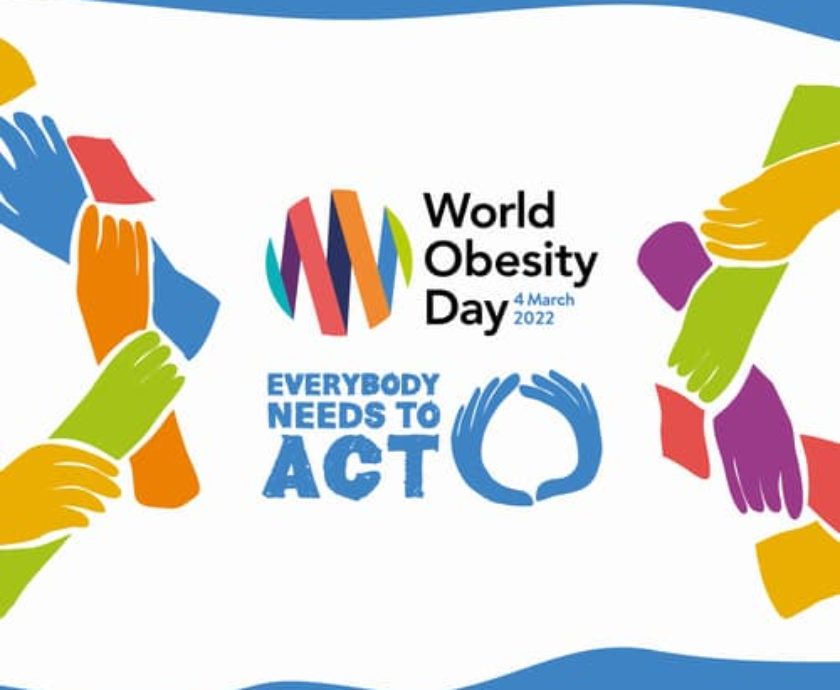We’re delighted to present another article from our guest blogger, Teresa Coburn. In this article, Teresa offers an insightful overview of obesity, covering its risk factors and providing practical prevention tips.
With over thirty years of experience as a registered nurse, Teresa brings a wealth of clinical expertise to her writing. Her dedication to crafting accessible and informative health content ensures that readers receive valuable insights to support their wellbeing.
What is Obesity?
Obesity is a word we often hear, but what does it really mean?
Obesity is a condition where someone has an excessive amount of body fat. It’s more than just carrying a few extra pounds; it’s a serious health concern and can be classed as a chronic disease. If not addressed, obesity can have long-term health consequences.
How Do People Become Obese?
There generally isn’t just one reason why someone becomes obese – it’s usually a combination of a few different factors. These can include:
Diet: Eating too many of the wrong foods, especially those high in sugar, fat, and calories, can lead to weight gain. Fast food, sugary drinks, and ultra-processed snacks are common culprits. This could include over-indulging in potato chips, chocolate, sugary cereals, and ice cream.
Physical Activity: In today’s world, many of us spend a lot of time sitting – whether it’s at work, in front of screens, or during leisure time. Our bodies are designed to move, and it can contribute to weight gain when we don’t.
Genetics: Sometimes, our genes play a role in obesity. If your parents or other family members are obese, you may be more likely to struggle with weight issues too. But remember, genes aren’t destiny – they just play a part in the puzzle.
Environment: Our surroundings can also influence our weight. Living in a neighbourhood with limited access to healthy foods or safe places to exercise can make it harder to maintain a healthy weight.
Psychological Factors: Stress, anxiety, depression, and other emotional factors can contribute to overeating or unhealthy eating habits. Food can sometimes be used as a way to cope with difficult emotions and this can lead to weight gain.
Why Does it Matter?
Being obese isn’t just about how you look – it’s about your health. Carrying around excess body fat can increase your risk of developing a whole host of health problems, including:
Heart Disease: Obesity can raise your blood pressure, and cholesterol levels, and increase your risk of heart attacks and strokes.
Type 2 Diabetes: Obesity is a major risk factor for type 2 diabetes, a condition where your body doesn’t use insulin properly, leading to high blood sugar levels.
Joint Problems: Carrying around extra weight stresses your joints, increasing your risk of arthritis and other joint-related issues.
Sleep Apnoea: Obesity is a common cause of sleep apnoea, a condition where your breathing repeatedly stops and starts during sleep, leading to poor-quality sleep and daytime fatigue.
Certain Cancers: Obesity has been linked to an increased risk of certain types of cancer, including breast, colon, and pancreatic cancer.
.
What Can We Do About It?
The good news is, there are things we can do to prevent and treat obesity. Making small, sustainable changes can help now, and will add up over time.
Eat a Balanced Diet: A diet packed full of fruits, vegetables, whole grains, and lean proteins is ideal. Try to limit your intake of ultra-processed foods, sugary snacks, and high-fat foods. And do not forget to watch your portion sizes – sometimes, it’s not just what you eat, but how much.
Stay Active: Aim for at least 150 minutes of moderate-intensity exercise per week, that’s about half an hour a day. Find activities you enjoy and make them a regular part of your routine, such as brisk walking, cycling, or swimming. Trying something new may be a fun way to keep to an exercise plan. Ever been dancing or played frisbee?? Remember, even small bursts of activity throughout the day can add up.

Manage Stress: Try to avoid using food as a way to cope with your emotions – that bar of chocolate might feel good in the moment, but it won’t solve the underlying issue. Find healthy ways to cope with stress, such as exercise, meditation, deep breathing, or talking to a friend.
Get Plenty of Sleep: Poor sleep can disrupt your hormones, increase your appetite, and make it harder to lose weight. Aim for 7-9 hours of restful sleep per night.
Seek Support: You don’t have to go it alone. Talk to your doctor, a registered dietitian, or a mental health professional if you need help. Joining a support group or finding a workout buddy can also provide encouragement and accountability.
Policies: The government has a role to play in tackling obesity by creating a healthy environment through policies and legislation. The World Health Organisation, the Pan American Health Organisation and the Caribbean Public Health Agency recommend that governments introduce policies such as taxes on sugar-sweetened beverages, front-of-package warning labels and a school nutrition policy as well as policies that promote physical activity. These types of policies nudge us into making healthier choices and thus contribute to combatting obesity.
Conclusion
Obesity is a complex issue with many contributing factors, but it’s not impossible to address. By making simple, sustainable changes to your diet, exercise, and lifestyle habits, you can take control of your health and reduce your risk of obesity-related complications.
And remember, you are not alone
Obesity is a common problem, but it’s not something you have to tackle on your own. Reach out for support, whether it’s from friends, family, or healthcare professionals.
And remember, progress, not perfection, is the goal. Every small step you take towards a healthier lifestyle counts.
So, here’s to a healthier, happier you – one step at a time.












